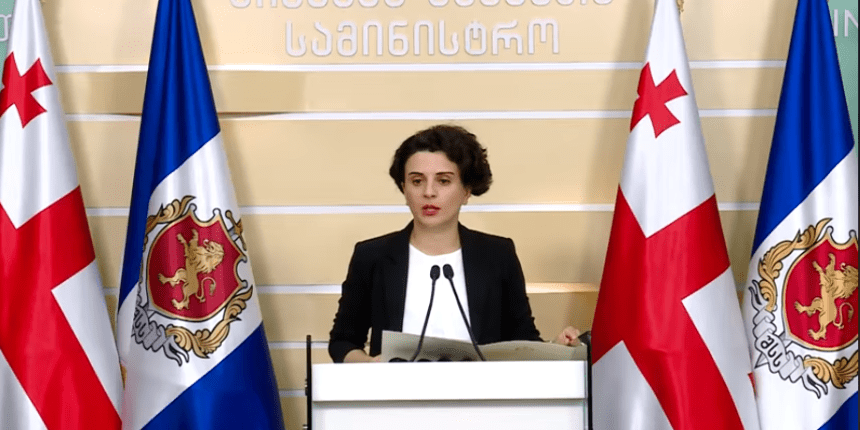Two persons have been arrested in connection with the controversial Khorava street incident last December, which left two 16 year-olds – Davit Saralidze and Levan Dadunashvili – stabbed to death.
Mirza Subeliani and Merab Morchadze were arrested on charges of failure to report crime and exertion of influence on a witness, respectively, the Georgian Interior Ministry said on June 9.
According to the Ministry, Mirza Subeliani, a former employee of the Prosecutor’s Office, whose nephew – Mikheil Kalandia – is the main case witness, met Kalandia and one of the murder suspects (identified as G. J.), immediately after the incident, but failed to report the crime to the law enforcement authorities.
As a result, Subeliani will face charges under article 376 of the Criminal Code of Georgia, which is punishable by a fine, home arrest or imprisonment for a term of two to four years.
The Ministry also reported that Mirza Subeliani, who left his position shortly after the murder, admitted to committing the offense. It also said investigation into the matter would continue.
According to the Interior Ministry, the second detainee – Merab Morchadze, a friend of G. J.’s father, coerced Mikheil Kalandia to change his initial court testimony, in which he described that G. J. had a knife during the incident.
Zaza Saralidze, Davit Saralidze’s father, welcomed the arrests, but stressed Subeliani should have been detained on charges of concealing the evidence, a much graver offense under the country’s criminal code. He also reiterated his earlier calls for bringing all perpetrators to justice, as well as those who covered up the crime, including the prosecutors.
MP Sergi Kapanadze of the European Georgia, who leads the parliamentary investigation over the teen murder case, said the decision was “a step in the right direction,” but stressed that the arrests failed to answer the “main question” – “what exactly happened on the murder scene, and who stabbed Davit Saralidze.”
“Questions regarding Mirza Subeliani need to be answered, including whether he is complicit in distorting or changing evidence,” Kapanadze also noted.
This post is also available in: ქართული (Georgian) Русский (Russian)

